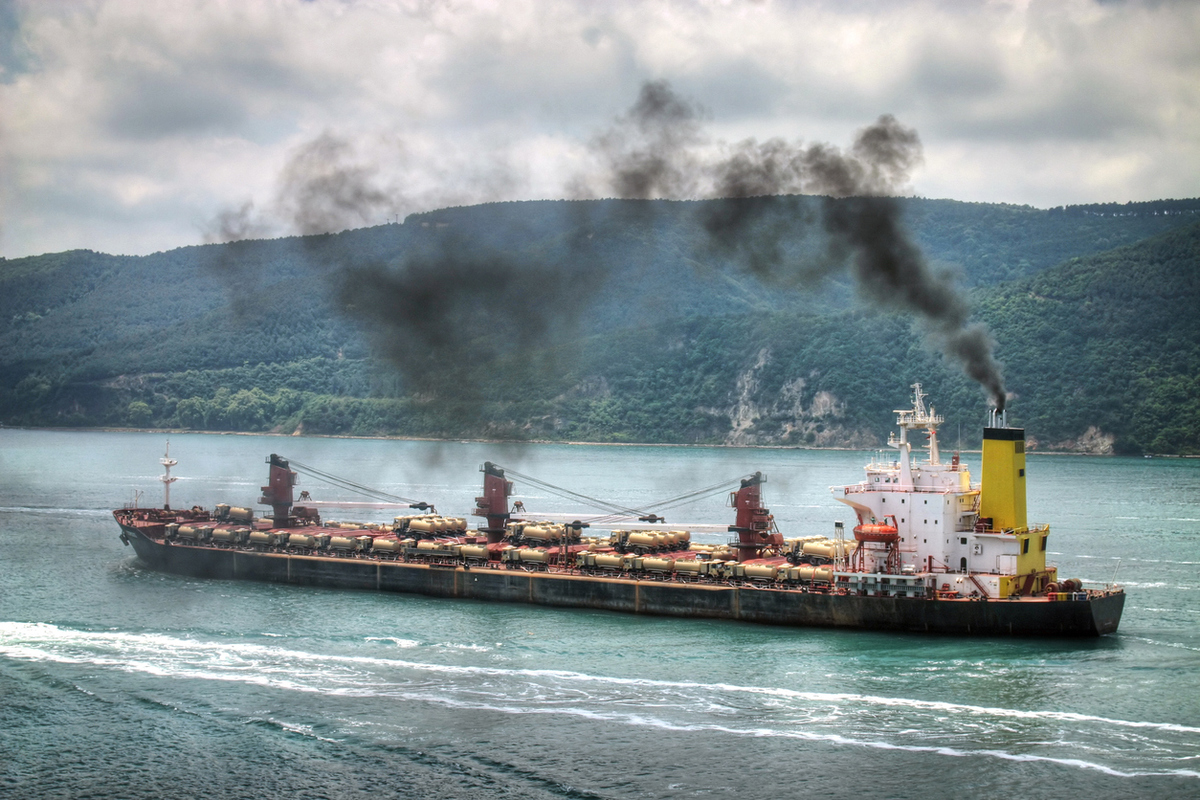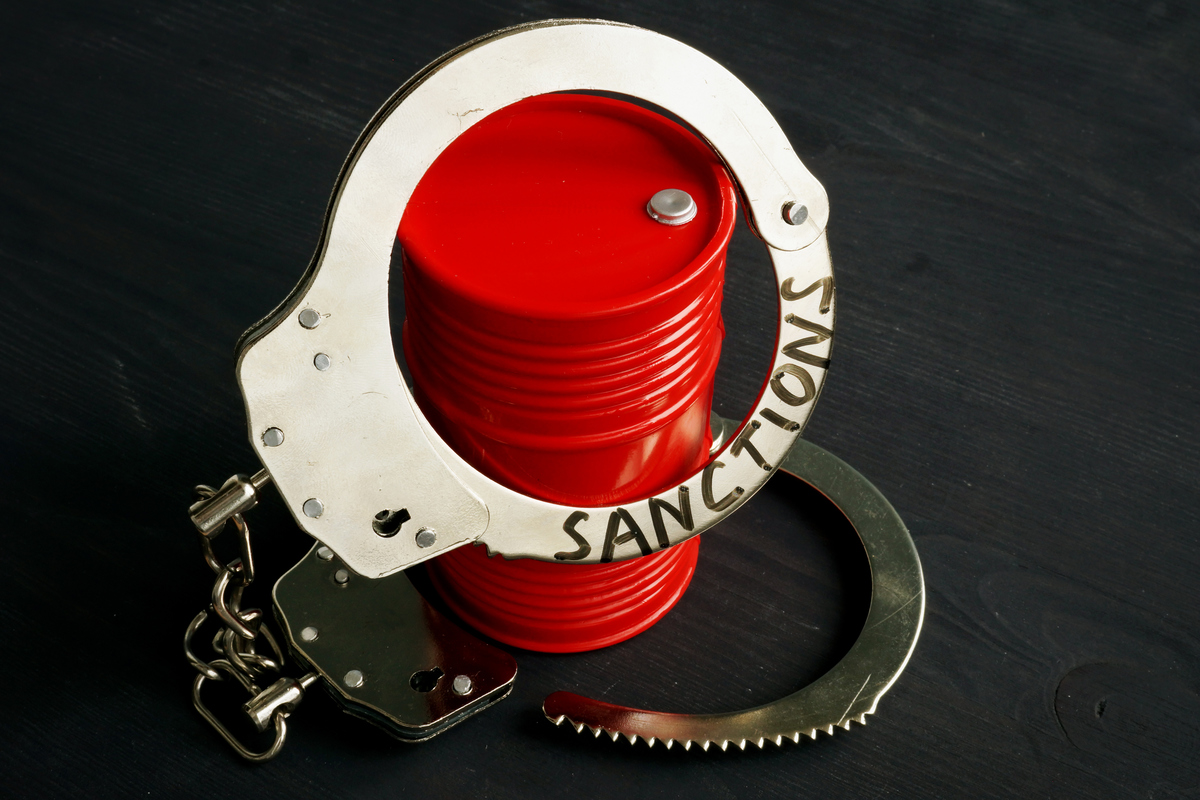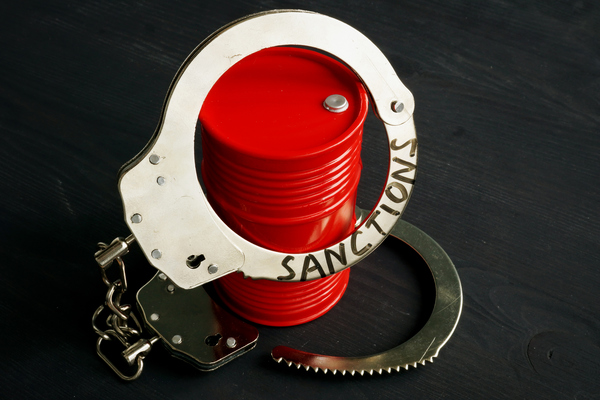IMO fails to act on reducing black carbon emissions - Clean Arctic Alliance
The IMO's recent measures to tackle black carbon emissions have been criticised by an environmental group for falling short in Arctic pollution prevention.
 PHOTO: Heavy smoke from the exhaust of a cargo ship. Getty Images
PHOTO: Heavy smoke from the exhaust of a cargo ship. Getty Images
The 11th session of the International Maritime Organization's (IMO's) sub-committee on Pollution Prevention and Response (PPR) has concluded discussions on setting up a voluntary target for black carbon emissions and agreed on draft guidelines for measuring, monitoring and reporting these emissions.
However, the Clean Arctic Alliance (CAA) has criticised the IMO for not taking more decisive action to cut black carbon emissions from shipping to protect the Arctic environment.
“The IMO is still failing to act on reducing black carbon emissions despite a switch to cleaner fuels being identified over a decade ago,” lead advisor to the Clean Arctic Alliance Dr Sian Prior said. “A clear and credible path has already been identified – the IMO must now adopt a mandatory regulation requiring ships to move to distillate fuels while operating in and near to the Arctic," he added.
The non-profit organisation has proposed a shift towards distillate fuels to reduce black carbon emissions by up to 80%. This move comes as the Arctic ecosystem is already vulnerable to the effects of climate change.
The alliance has also criticised the IMO's position on the use of HSFO until July 2029, and highlighted the necessity for tighter regulations.
Black carbon, also known as soot, is released from incomplete burning of fossil fuels and contributes to climate warming. It has a disproportionate impact on the Arctic as it accelerates melting of snow and ice, reducing the planet's polar ice caps' reflective capacity.
By Debarati Bhattacharjee
Please get in touch with comments or additional info to news@engine.online






